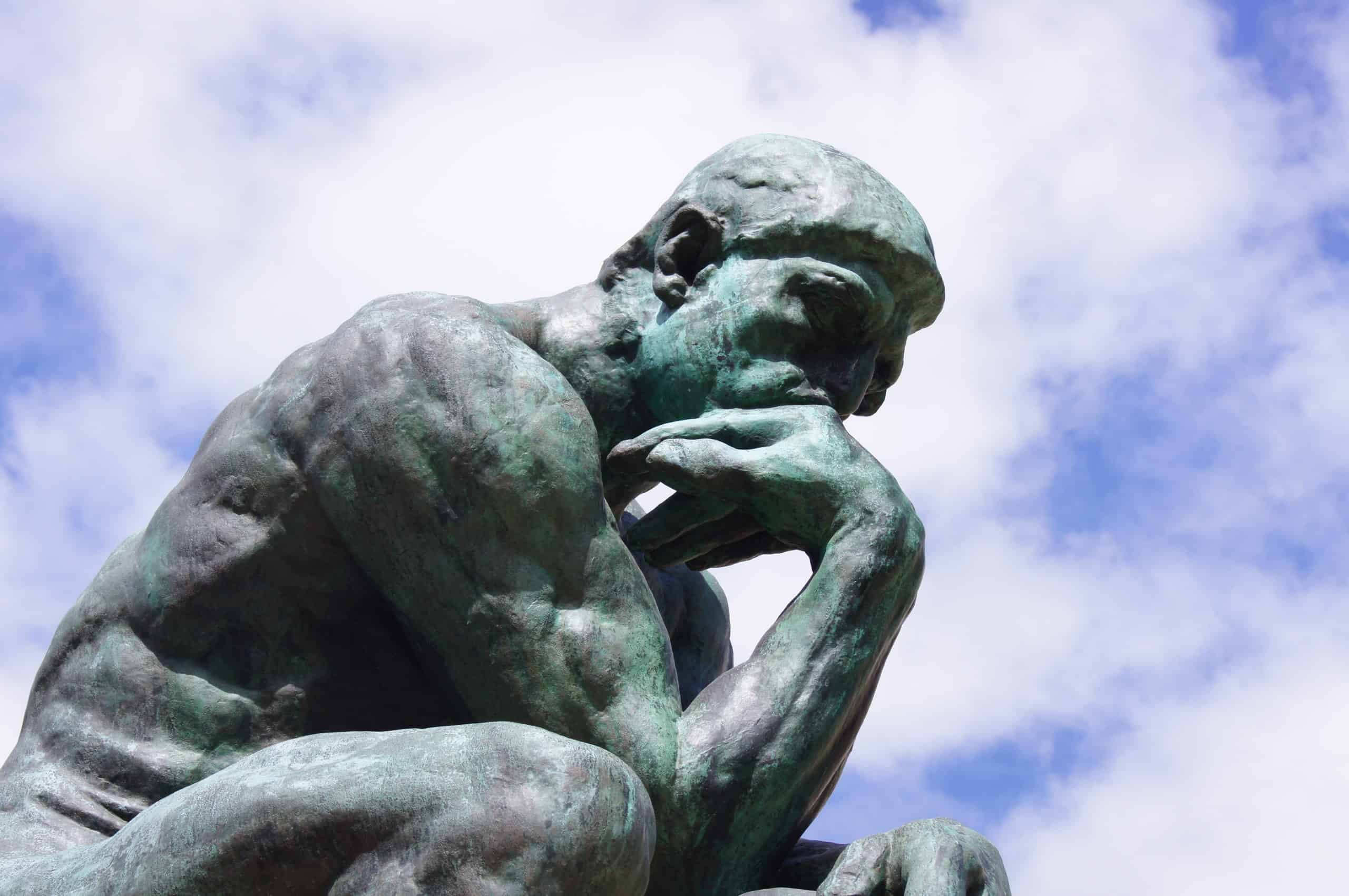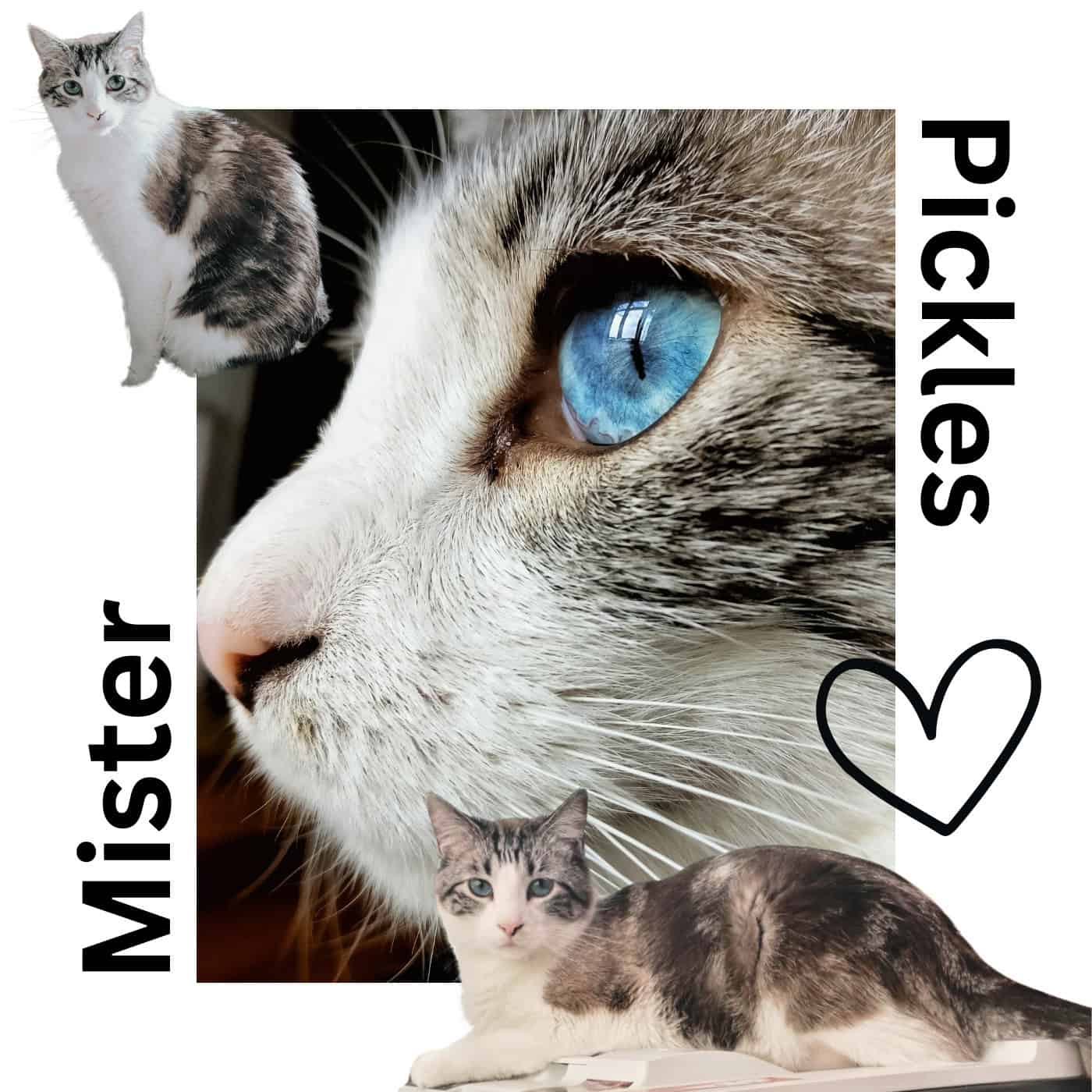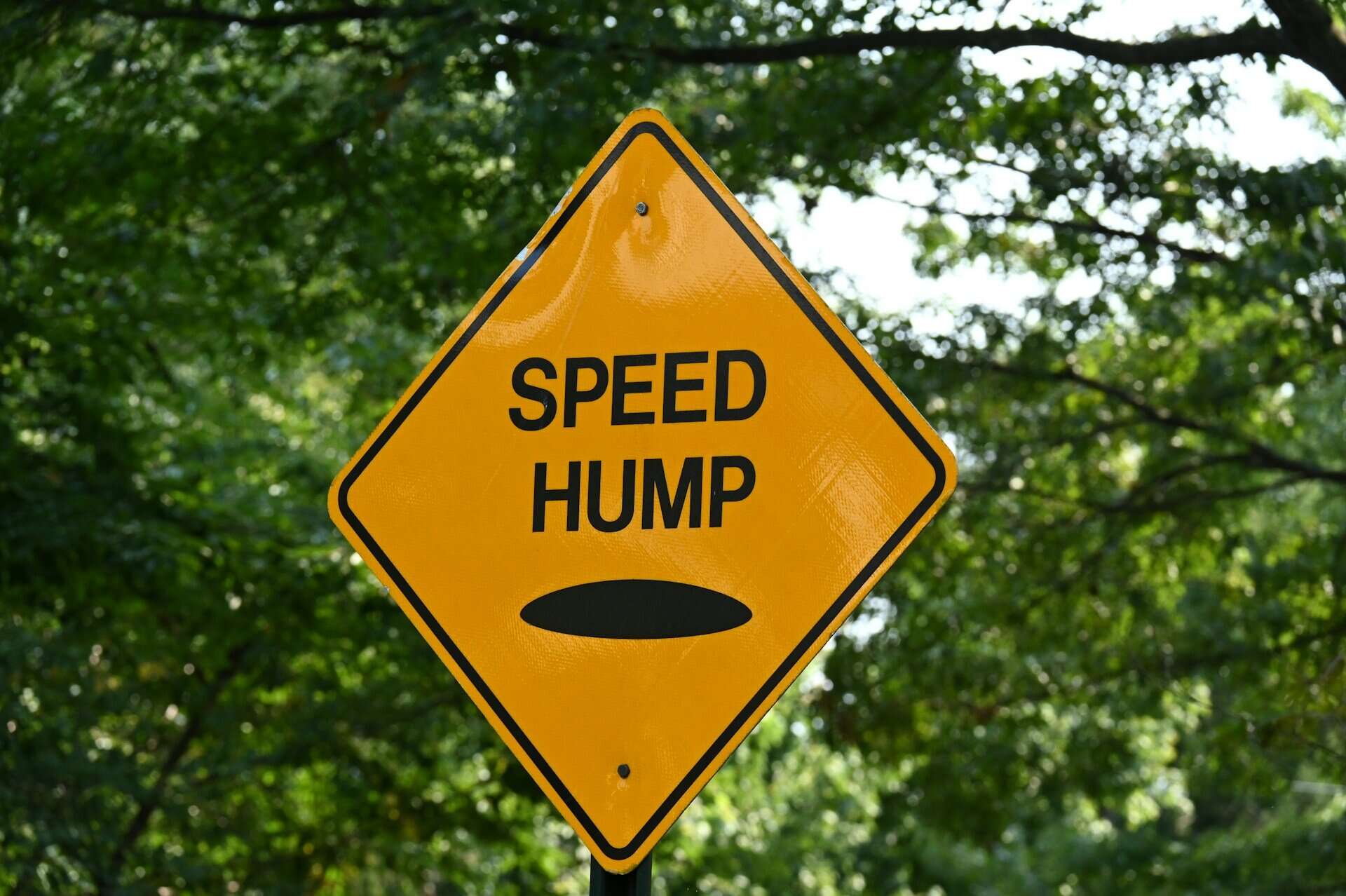The curse of knowledge is a cognitive bias that occurs when an individual, who is communicating with other individuals, assumes they have the background knowledge to understand. This bias is also called by some authors the curse of expertise.
So, let’s break that down real quick. The curse (bias) occurs when someone assumes that the people she is talking to know more than they actually do. Another way to think about this is to say that the person trying to communicate forgets that she has specialized and important information and/or experience that the audience does not have. The end result is that the communicator, let’s call her Sarah, talks over or past her audience. They just don’t get it and she can’t figure out why. It all makes total sense to her, of course!
Hopefully you can see the dilemma that Sarah (and all of us) faces here. The problem isn’t “known unknowns” or even “unknown unknowns” — both of which can be tricky to deal with. Instead, the problem we’re dealing with here is “unknown knowns.” Whoa. That’s kind of trippy, right? The curse of knowledge is essentially all about not remembering what you know, combined with not understanding what your audience knows, and leading to confusion. This is a super insidious problem, one that blocks the flow of information among people, which really is our biggest super-power as a species.
The antidote is to remember what you know, and how it may be different than what others know. Dig deep to identify your unknown knowns, and appreciate that you have specialized knowledge and experience worth sharing. Then meet your audience where they are and lift them from there using concrete language.
If you’re into examining this topic further, I just wrote an essay on the curse of knowledge…






